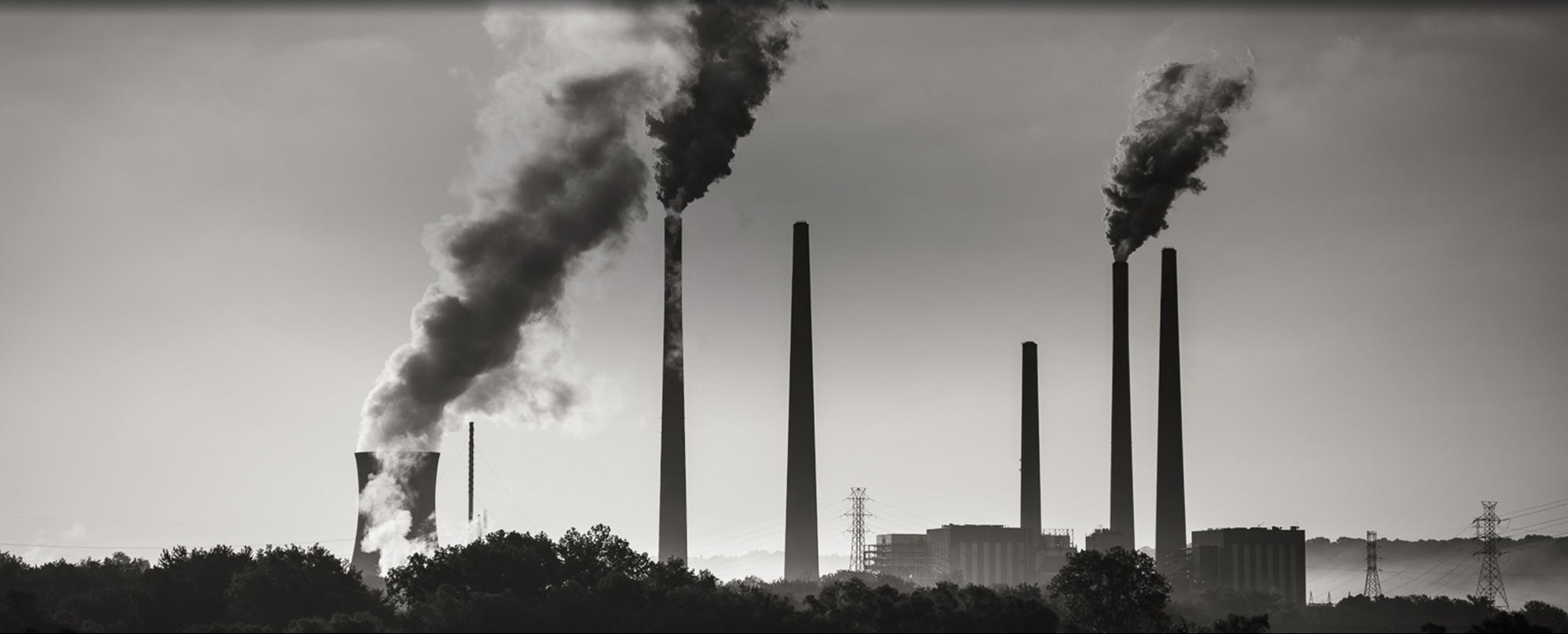Energy Progress for Detroit Communities and the State of Michigan as DTE Announces Coal Plant Retirements
Victory
—Energy firm plans to retire River Rouge, Trenton Channel, and St. Clair Coal-Fired power plants in next four to seven years
Contact
DTE Energy announced plans today to retire the River Rouge, St. Clair and Trenton coal-fired power plants between 2020 and 2023. Combined, these three plants emit over ten million tons of climate polluting carbon dioxide, 45,000 tons of harmful sulfur dioxide, and 12,000 tons of smog-causing nitrogen oxides.
The River Rouge, St. Clair and Trenton Channel coal-fired power plants are located in eastern Michigan.
The Trenton Channel and River Rouge power plants both lack modern pollution controls. Both are located in an area of Michigan the Environmental Protection Agency (EPA) designated as “failing to meet federal air quality standards” for sulfur dioxide. The area, home to several frontline communities, was deemed the “Epicenter of Asthma Burden” by the Michigan Department of Community Health. It has a long history of enduring the impacts of heavy industrial pollution. Earlier this year, EPA proposed to designate St. Clair County as failing to meet that same standard.
Local community advocates, Earthjustice, Sierra Club and partner organizations have been advocating for reigning in pollution from these plants on behalf of impacted communities for many years.
“Coal plants like River Rouge, Trenton Channel, and St. Clair are costly, polluting dinosaurs that should be retired as expeditiously as possible. We’re gladdened that DTE Energy is starting that retirement process, and urge the company to ensure that today’s announcement is a binding commitment,” said Shannon Fisk, Managing Attorney at the non-profit environmental law firm Earthjustice. “It is critical that DTE Energy not only ramps up clean energy investments, but also provides a just economic transition for the employees and communities that have relied on the wages and taxes paid by these coal plants for the past more than forty years.”
“This is big news. These announced closures will dramatically improve the health of the communities surrounding these plants, as well as provide an opportunity for a just transition for communities and workers,” said Regina Strong, Director of The Sierra Club’s Beyond Coal Campaign in Michigan. “DTE should immediately begin discussions with the community to develop a responsible transition plan that includes a concrete timeline for the retirements, and replacing those plants with investments in genuinely clean renewable energy like wind and solar, rather than another polluting fossil fuel like natural gas. Our campaign going forward will be focused on advocating for clean job creation in those communities impacted between now and the retirement dates.”
In a statement, DTE Energy Chairman and CEO Gerry Anderson said the company will look to replace those units, “with a mix of newer, more modern and cleaner sources of energy generation such as wind, natural gas and solar.”
“This is what my community has been calling for, for many years,” said Stephanie Chang, Michigan State Representative. “The River Rouge plant is located in my district and the residents in the area have long suffered from the effects of many pollutants, including sulfur dioxide, particulate matter and other toxins that are the result of burning coal. The air pollution has a major and lasting impact on the health of my residents. It is a good thing that DTE is planning to retire these plants and I look forward to working with the company along with the people in my district and the workers to plan for the future of these communities.”
At the same time, Earthjustice, Sierra Club, and other groups have worked for years at the Michigan Public Service Commission to push DTE Energy to stop dumping money into these economically challenged coal plants and to, instead, invest in clean energy resources that will create jobs and economic development in Michigan. The Commission has recently questioned the reasonableness of DTE’s spending on some of these coal units.
BACKGROUND
The closure of these plants marks important progress for local communities. Moving forward, residents and advocates will focus on pressuring DTE to transition to clean, renewable energy. Community residents will also urge DTE to focus on re-training and transitioning workers for clean energy jobs in those same areas, while committing to economic development in the impacted communities.
The announcement of the phase out of DTE’s River Rouge, Trenton Channel and St. Clair coal-fired power plants represents the 234th, 235th, and 236th coal plants to retire or announce retirement since 2010, locking in the reduction of over 443 million metric tons of carbon dioxide emissions, the equivalent of 92 million passenger vehicles.
In April of this year, Newsweek released a cover story chronicling the severe health impact the emissions from these plants have had on surrounding communities. The International Business Times also profiled a community advocate on her work to make this announcement a reality. Pressure mounted this year after hundreds of community members, political leaders, and clean air advocates flooded a series of hearings calling on the MDEQ and EPA to address the sulfur dioxide levels from the coal plants that exceeded Clean Air Act limits. It was not until last week—14 months after the deadline—that the state finally submitted a plan to EPA for review.

Additional Resources
About Earthjustice
Earthjustice is the premier nonprofit environmental law organization. We wield the power of law and the strength of partnership to protect people's health, to preserve magnificent places and wildlife, to advance clean energy, and to combat climate change. We are here because the earth needs a good lawyer.